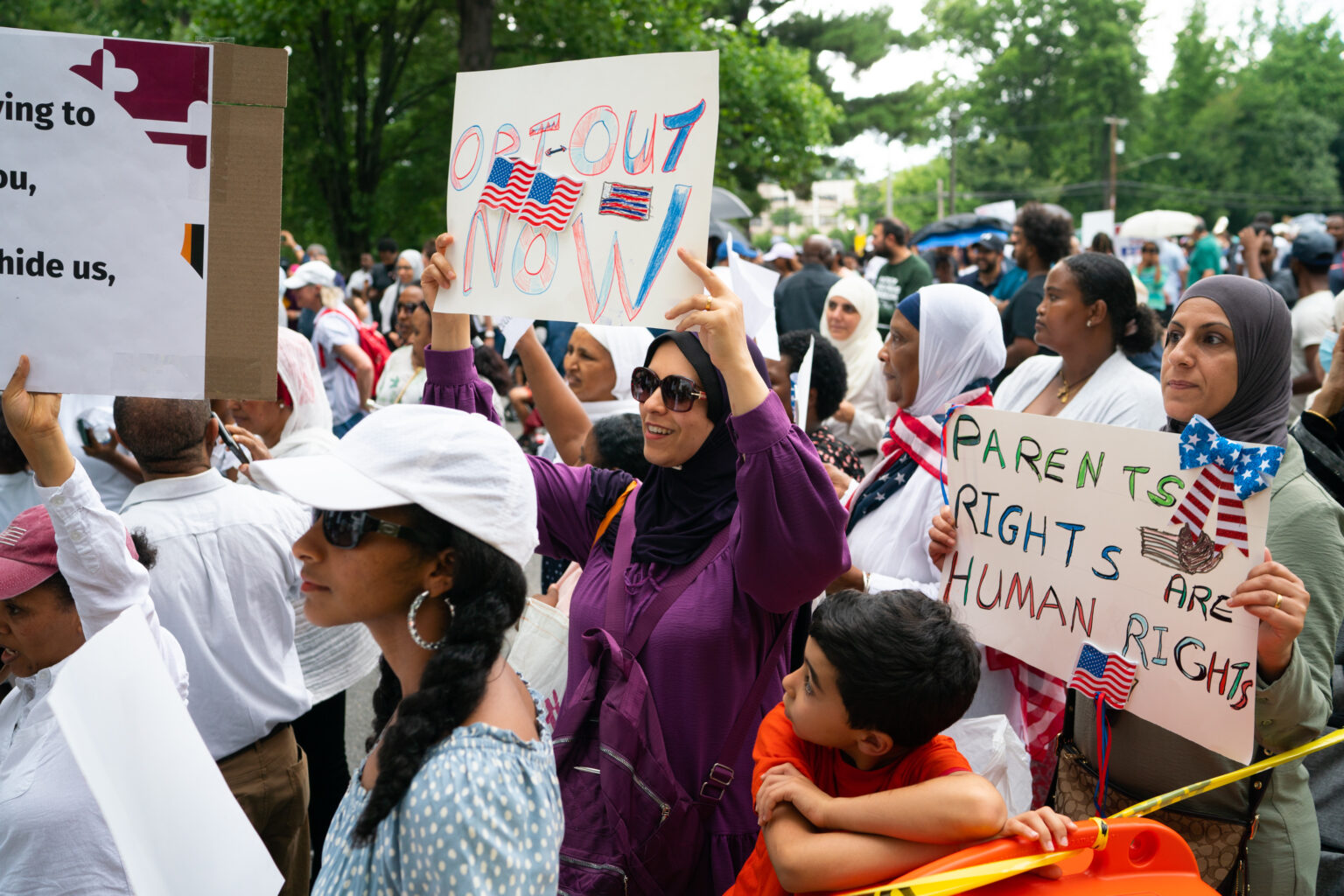Supreme Court Ruling Reinforces Parental Rights in Educational Content
Historic Decision on Religious and Parental Autonomy in Schools
In a landmark ruling issued on Friday, the Supreme Court has sided with a group of parents advocating for the right to exclude their children from certain public school lessons that feature LGBTQ+ storybooks. This decision marks a significant moment in the ongoing debate over parental authority, religious freedoms, and educational content in public institutions.
Key Verdict and Its Broader Impact
The court’s 6-3 verdict clarifies that school authorities in Montgomery County, Maryland, cannot compel young students to engage with educational materials that conflict with their families’ religious convictions. This ruling could set a precedent across the United States, potentially expanding parental rights to object to a wider array of curriculum elements beyond traditional areas like sex education, including topics related to gender identity and sexual orientation.
Context of the Case and Its Significance
The case, Mahmoud v. Taylor, was among three religious rights-related disputes addressed by the Supreme Court this term. It was part of a series of decisions that reflect the court’s conservative shift, which has increasingly favored religious liberties. Earlier in the term, the Court also issued a 4-4 deadlock on the establishment of the nation’s first public religious charter school, highlighting ongoing tensions between secular education policies and religious freedoms.
Curriculum Changes and Community Response
In 2022, Montgomery County’s school district introduced an expanded English Language Arts curriculum featuring books with LGBTQ+ characters. The initiative aimed to mirror the diverse fabric of the community, which includes a variety of religious and cultural backgrounds. Examples of the new materials include stories about a girl who gains a new uncle through her aunt’s marriage and a narrative about a young girl developing a crush on her female classmate.
However, this move sparked protests from a coalition of parents representing Muslim, Ukrainian Orthodox, and Catholic communities. They challenged the inclusion of titles such as “Uncle Bobby’s Wedding” and “Love, Violet,” arguing that these books were inappropriate for young children. The parents emphasized that their goal was not to remove the books but to have the option to opt their children out of participation-an option initially provided but later rescinded by the school district.
Concerns from Educators and Legal Perspectives
School administrators and teachers voiced concerns about the suitability of some content for elementary students, citing a lack of training to facilitate discussions on sensitive topics. The controversy drew support from the Trump administration, which argued that Montgomery County was forcing families to choose between their religious beliefs and access to public education.
Legal representatives for the county maintained that the books in question do not constitute sex education and warned of the potential repercussions for school districts nationwide if broad opt-out policies are mandated. They emphasized that exposure to diverse ideas in a public school setting does not inherently infringe upon religious rights, citing longstanding legal principles that protect parental authority over their children’s religious upbringing.
Legal and Judicial Perspectives
Historically, courts have recognized the importance of parental rights in guiding their children’s religious and educational development. Nonetheless, they have also upheld that simply encountering ideas that differ from personal beliefs in a public school environment does not violate constitutional protections. During oral arguments in April, justices debated the fine line between permissible exposure to diverse viewpoints and coercive practices, especially when involving impressionable young students.
Judicial Proceedings and Outcomes
The Supreme Court’s intervention occurred early in the case’s progression, prior to the full presentation of evidence in lower courts. U.S. District Judge Deborah L. Boardman initially ruled in favor of the school system, asserting that the policy did not unduly burden religious rights because it did not pressure parents to violate their beliefs or alter their faith practices. Similarly, a divided panel of the Fourth Circuit Court of Appeals upheld the lower court’s decision, finding no evidence that the lessons compelled changes in religious conduct or beliefs.
Looking Ahead
This case underscores the ongoing debate over the role of religious and parental rights in shaping public education. As the legal landscape continues to evolve, future rulings may further define the boundaries of curriculum content and parental authority in schools across the nation.
This story is developing and will be updated as new information becomes available.

